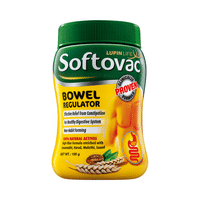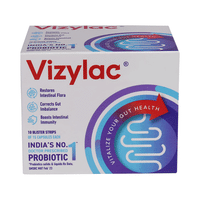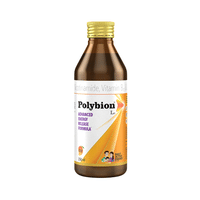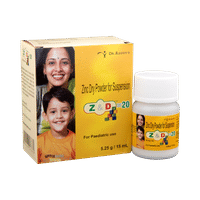Synthocilin 250mg Injection
food interaction for Synthocilin Injection
alcohol interaction for Synthocilin Injection
pregnancy interaction for Synthocilin Injection
lactation interaction for Synthocilin Injection
food
alcohol
pregnancy
lactation
No interaction found/established
Consuming alcohol with Synthocilin 250mg Injection does not cause any harmful side effects.
SAFE
Synthocilin 250mg Injection is generally considered safe to use during pregnancy. Animal studies have shown low or no adverse effects to the developing baby; however, there are limited human studies.
SAFE IF PRESCRIBED
Synthocilin 250mg Injection is safe to use during breastfeeding. Human studies suggest that the drug does not pass into the breastmilk in a significant amount and is not harmful to the baby.
SAFE IF PRESCRIBED
SALT INFORMATION FOR Synthocilin 250mg Injection
Ampicillin(250mg)
Synthocilin injection uses
{med_name} is used in the treatment of bacterial infections.
How synthocilin injection works
Synthocilin 250mg Injection is an antibiotic. It kills bacteria by preventing them from forming the bacterial protective covering (cell wall) which is needed for them to survive.
Common side effects of synthocilin injection
Injection site reactions (pain, swelling, redness), Vomiting, Nausea, Diarrhea, Skin rash, Itching, Urticaria, Hemolytic anemia, Decreased white blood cell count (lymphocytes), Low blood platelets, Hepatitis (viral infection of liver), Cholestatic jaundice, Pseudomembranous colitis, Hemorrhagic colitis, Prolonged bleeding, Increased prothrombin time, Erythema multiforme, Stevens-Johnson syndrome, Toxic epidermal necrolysis
SUBSTITUTES FOR Synthocilin Injection
11 Substitutes
11 Substitutes
Sorted By
 Rs. 14.75save 24% more per Injection
Rs. 14.75save 24% more per Injection Rs. 17.62save 10% more per Injection
Rs. 17.62save 10% more per Injection- Roscillin 250mg Injection(1 ml Injection in vial)Sun Pharmaceutical Industries LtdRs. 27.40/ml of Injection
 Rs. 28.25pay 45% more per ml of Injection
Rs. 28.25pay 45% more per ml of Injection  Rs. 30save 23% more per ml of Injection
Rs. 30save 23% more per ml of Injection Rs. 7.29save 62% more per Injection
Rs. 7.29save 62% more per Injection
Expert advice FOR Synthocilin Injection
- Ampicillin is used to treat infections caused by bacteria.
- Finish the prescribed course, even if you start to feel better. Stopping it early may make the infection come back and harder to treat.
- Diarrhea may occur as a side effect. Taking probiotics along with Ampicillin may help. Talk to your doctor if you notice bloody stools or develop abdominal cramps.
- Stop taking this medicine and inform your doctor immediately if you develop an itchy rash, swelling of the face, throat or tongue or breathing difficulties while taking it.
Frequently asked questions FOR Synthocilin 250mg Injection
Ampicillin
Q. Can Synthocilin 250mg Injection cause allergic reaction?
Although it is rare but yes, Synthocilin 250mg Injection can cause allergic reaction and is harmful in patients with known allergy to penicillins. Get emergency medical help if you have any of the signs of an allergic reaction: hives; difficulty breathing; swelling of your face, lips, tongue, or throat.
Q. How long does Synthocilin 250mg Injection takes to work?
Usually, Synthocilin 250mg Injection starts working soon after taking it. However, it may take around 2-3 days to make you feel better while taking Synthocilin 250mg Injection.
Q. Can the use of Synthocilin 250mg Injection cause diarrhea?
Yes, the use of Synthocilin 250mg Injection can cause diarrhea. It is an antibiotic and it kills the harmful bacteria, however, it also affects the helpful bacteria in your stomach or intestine and causes diarrhea. If diarrhea persists, talk to your doctor about it.






















